April 2025
Epigenetics: The Full Picture 2025 Virtual Event
We’re pleased to announce our 6th annual epigenetics event, taking place on 20-21 May 2025. Join us for one or both of the virtual afternoon sessions to hear about the latest epigenetic technologies (including 5-base solution for methylation studies), discoveries, and applications in human health and disease. Hear from the experts sharing their tips and tricks for performing epigenetic studies. We hope to see you there.
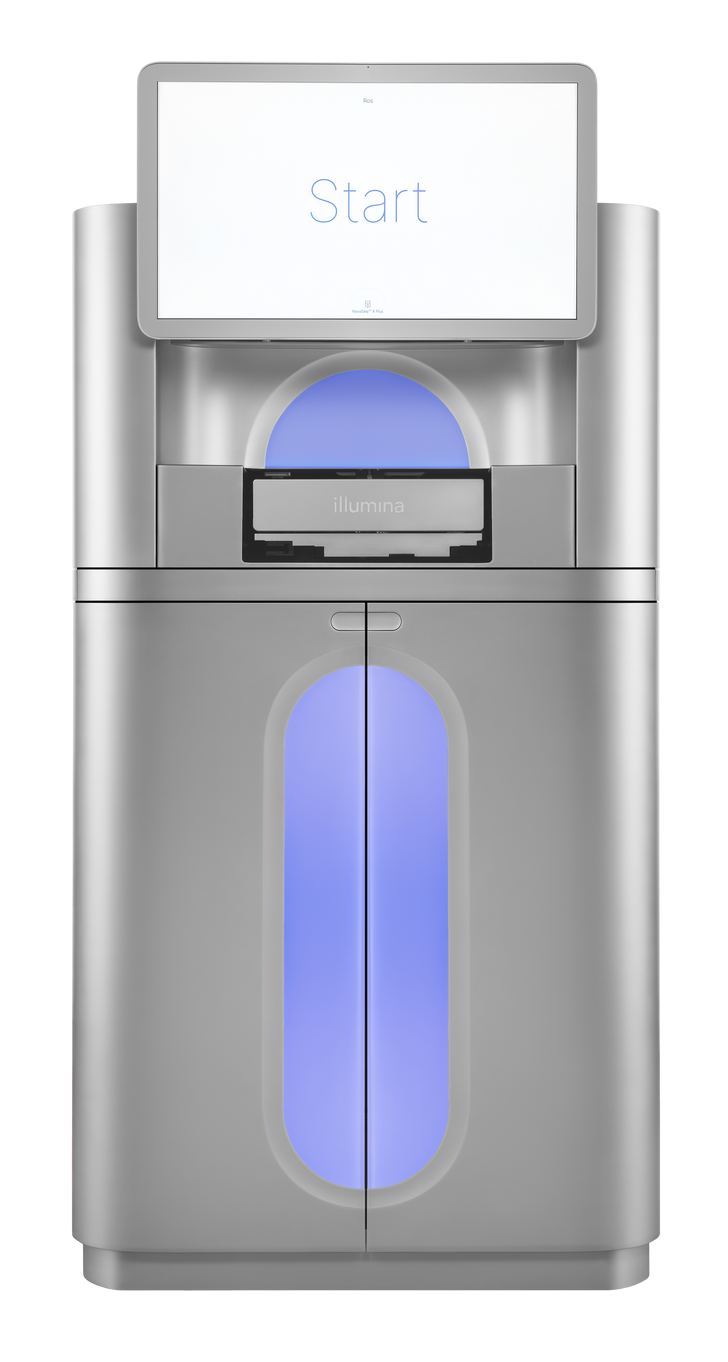


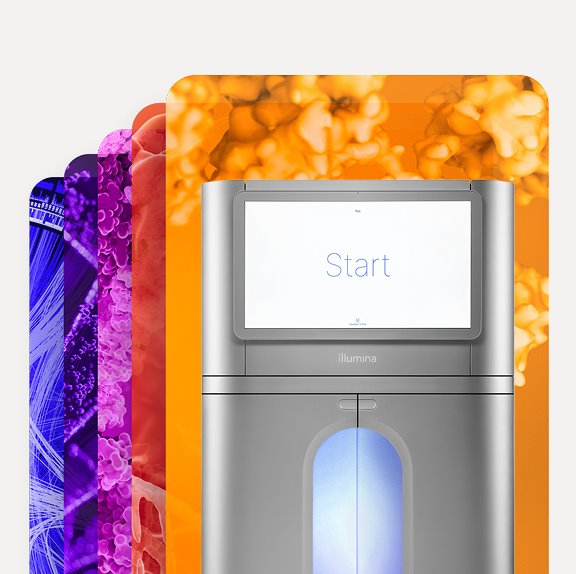
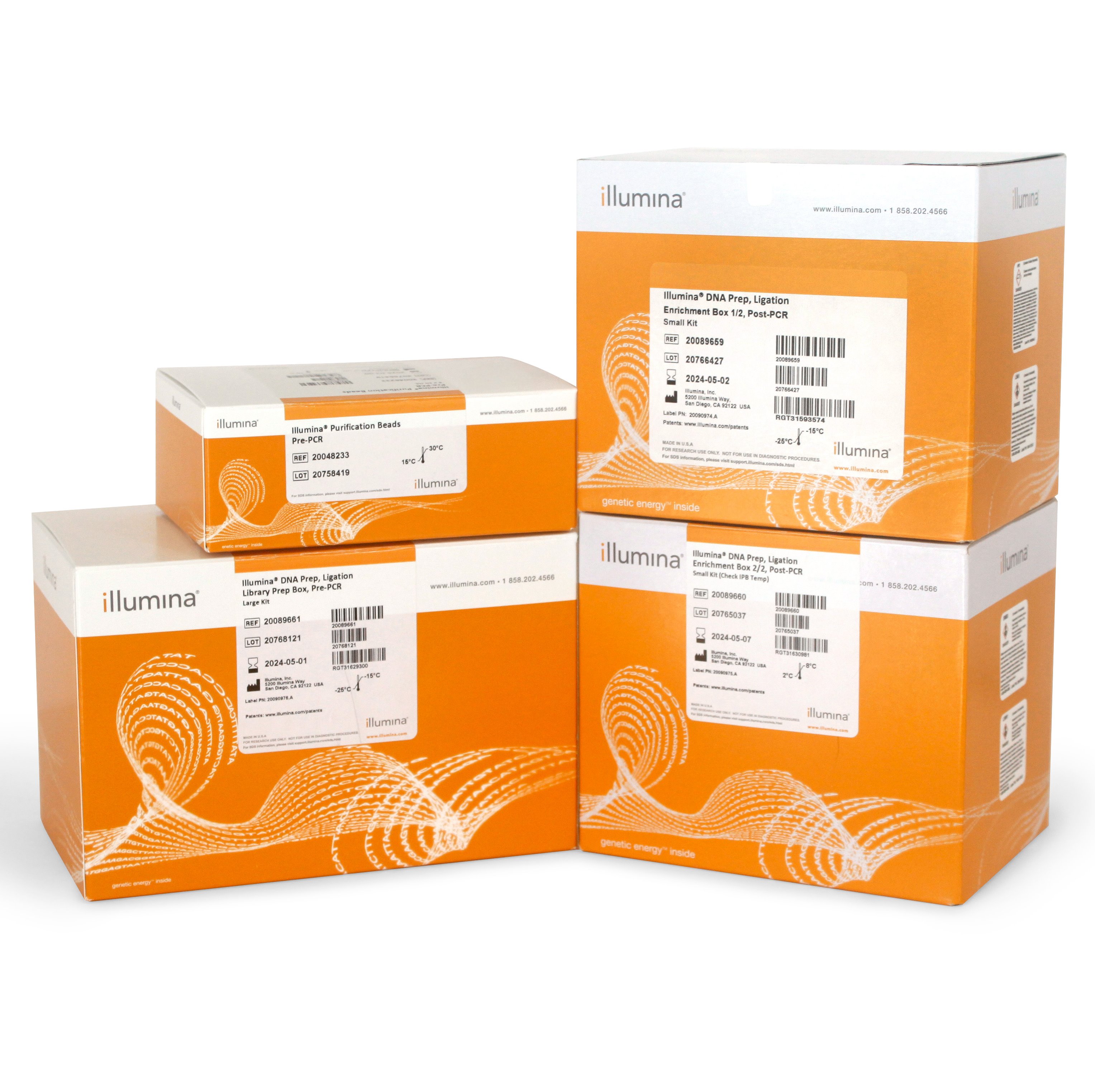

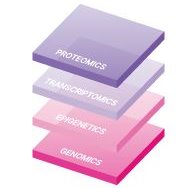
Did you know?
Give me details
Circulating tumor DNA (ctDNA) is a useful analyte from liquid biopsy samples. Can you name another analyte that represents a “goldmine” of additional information?

Circulating tumor cells (CTCs) provide novel insights in addition to those derived from ctDNA. In this webinar, hosted by EACR, our invited speaker from ANGLE shares exciting new data, using NGS analysis of CTCs and ctDNA, to illustrate how dual analysis of these liquid biopsy analytes holds potential to capture a more comprehensive picture of tumour heterogeneity.
What are aptamers and which Illumina product uses aptamers?
-2b4cb801ded3761c421053d2b24803a65f39ba94.png?v=04222025142537)
Aptamers are highly selective and specific molecules that are 10X smaller than antibodies. Illumina Protein Prep combines an innovative aptamer-based proteomics assay with NGS readout delivering a high-throughput, highly scalable solution to maximize proteomics discovery power.
Innovations to enable multiomics
Unlocking Deeper Biological Insights with Illumina Connected Multiomics
Illumina Connected Multiomics (ICM) will enable integration of layers of omic data, providing a multidimensional view of cellular function not visible when studying individual omes in isolation, and allowing for simultaneous investigation of the data.
A Cost-Effective Single-Cell Workflow Advances Holistic Biological Views
Truly revolutionary, the game-changing Illumina single-cell solution provides researchers a better tool to characterize complex tissues. Based on particle-templated instant partition sequencing (PIPseq™), the approach allows massively scalable single-cell gene expression studies while eliminating the need for complex and expensive instrumentation, consumables and service contracts.
Multiomics in action
Publication highlights from the research community
Proteomics
Epigenomics
Proteomics
Integrative proteo-transcriptomic characterization of advanced fibrosis in chronic liver disease across etiologies
A comprehensive characterization of advanced liver fibrosis was enabled in this multiomic study by combining transcriptomics, proteomics, and machine learning models. Research teams from Sweden and Turkey collaborated to identify 132 circulating proteomic signatures and demonstrate the feasibility of using the plasma proteome for more accurate prediction of liver diseases.
Learn more about Illumina Protein Prep solution
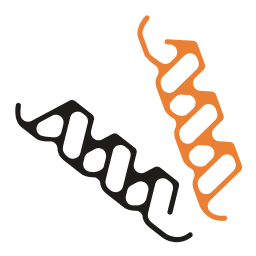
Proteomics
Epigenomics
Proteomics
Adipose tissue retains an epigenetic memory of obesity after weight loss
A recent Nature study shows that fat tissue "remembers" obesity, even after weight loss. Using a multiomics approach—combining epigenomics, transcriptomics, and chromatin profiling— a research team from ETH Zurich, Switzerland, and their collaborators, demonstrated the existence of an obesogenic memory, largely on the basis of stable epigenetic changes in mouse adiposites and potentially other cell types. These changes don’t fully reset after dieting and may explain why weight often comes back quickly, making long-term weight loss so challenging.
Learn how DNA methylation analysis is being used in human disease studies
Proteomics
Epigenomics
Proteomics
Identification of plasma proteomic markers underlying polygenic risk of type 2 diabetes and related comorbidities
A polygenic risk score (PRS)-directed approach was employed in this study to leverage proteogenomic data from three large studies: UK Biobank18 (UKB), Exenatide Study of Cardiovascular Event Lowering19 (EXSCEL), and Dapagliflozin Effect on Cardiovascular Events–Thrombolysis in Myocardial Infarction 5820 (DECLARE–TIMI 58). The combination of genotyping, exome and whole genome sequencing (WGS) data with protein analysis enabled characterization of a Type 2 Diabetes (T2D) proteomic signature and causal proteins and pathways that may mediate T2D risk.
Learn about Illumina Protein Prep solution
